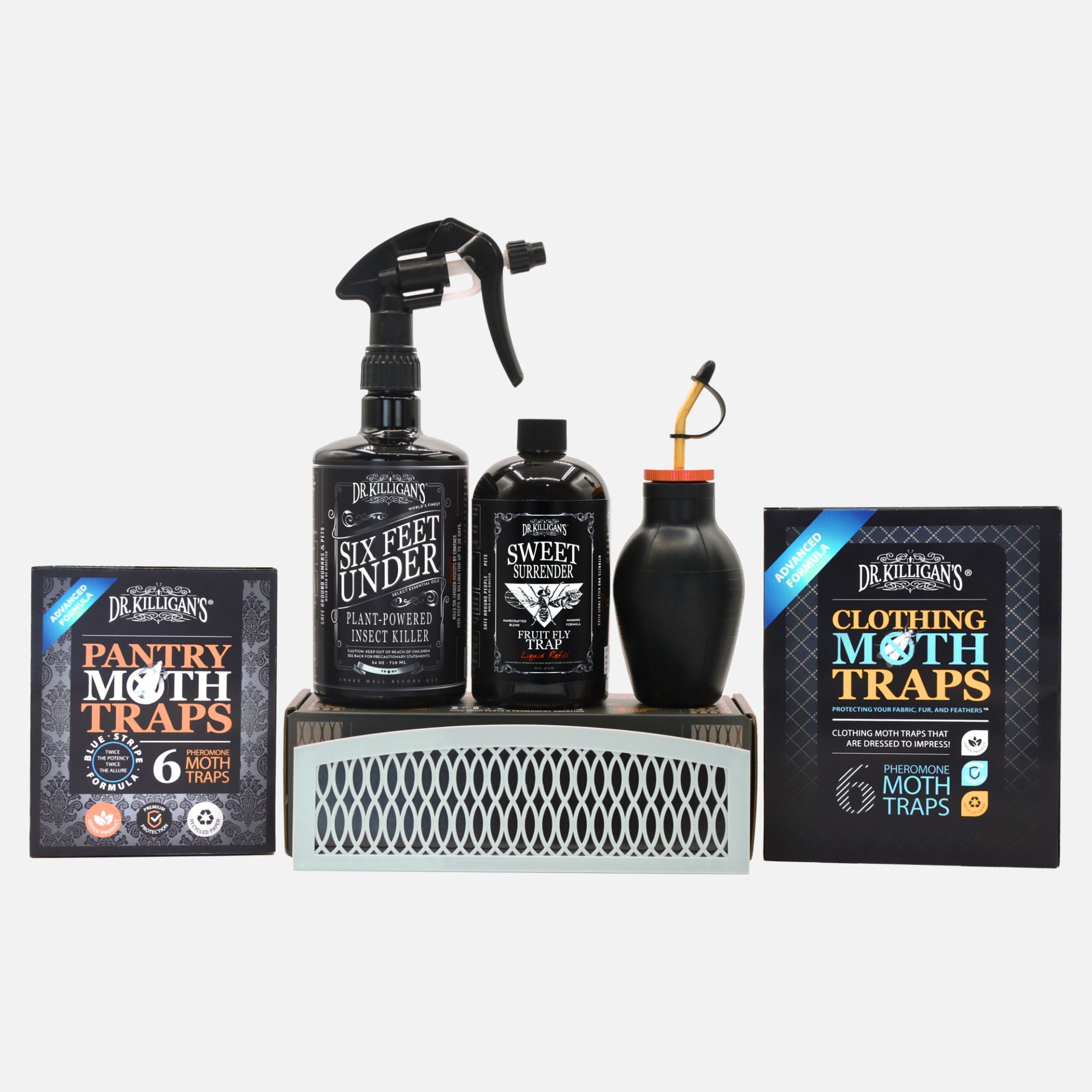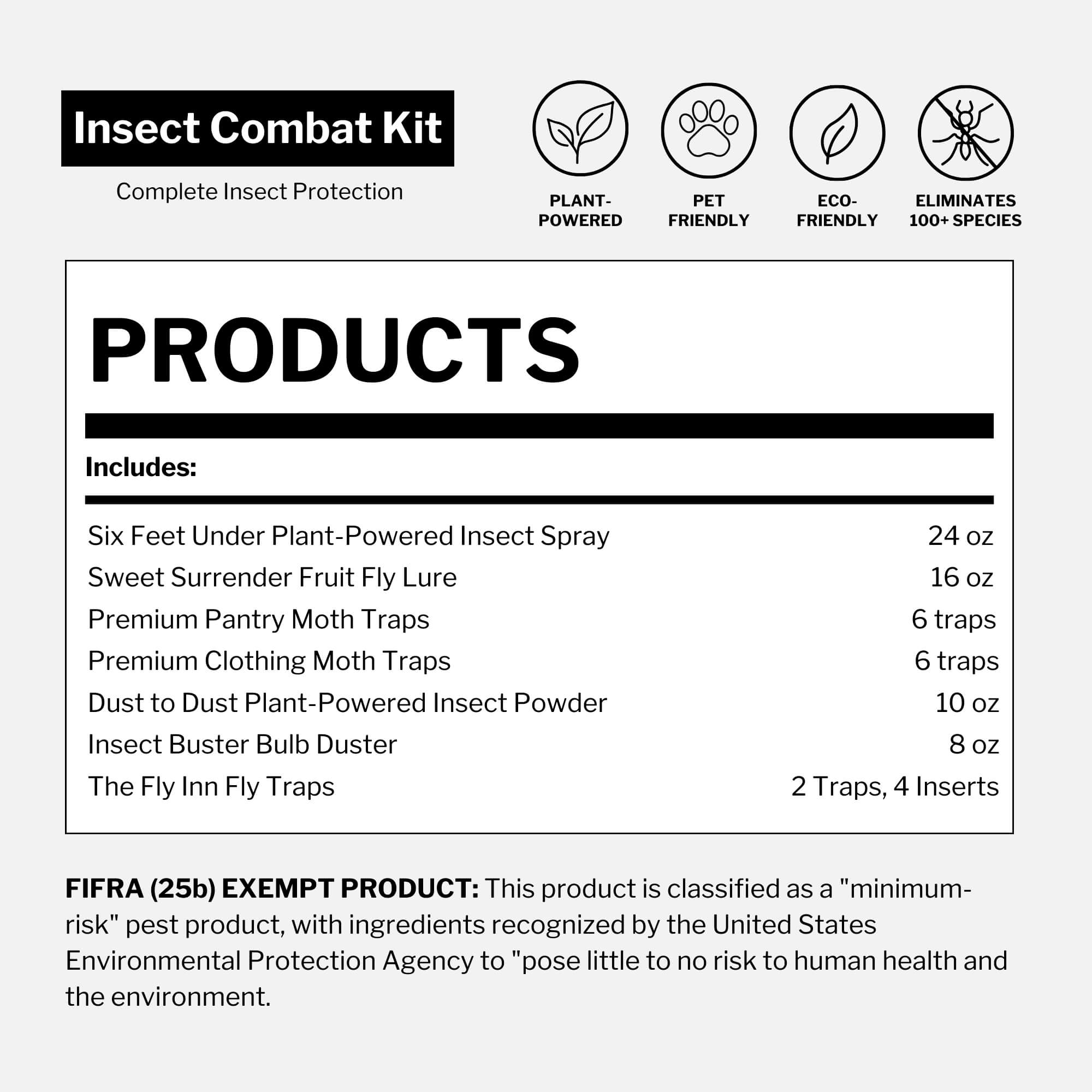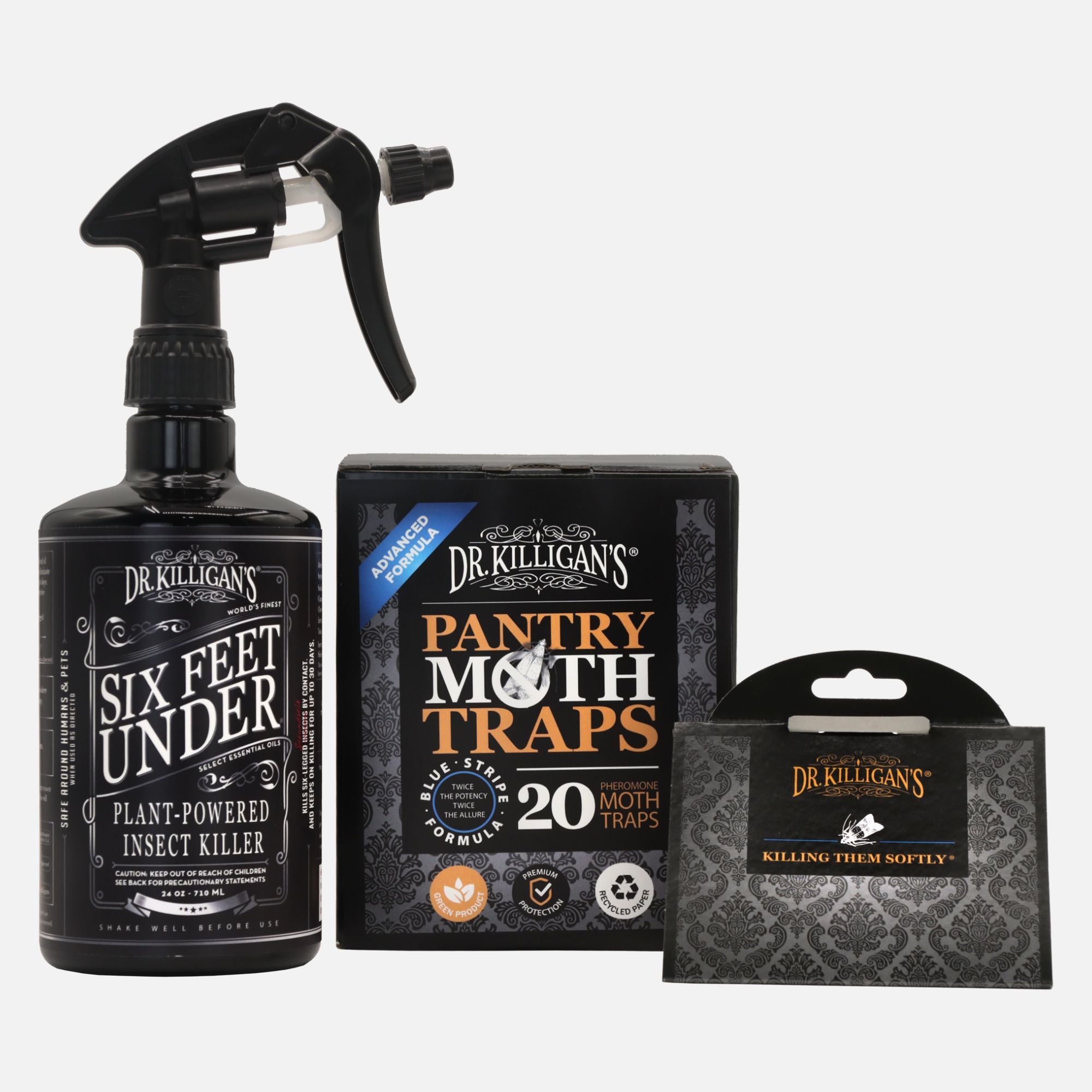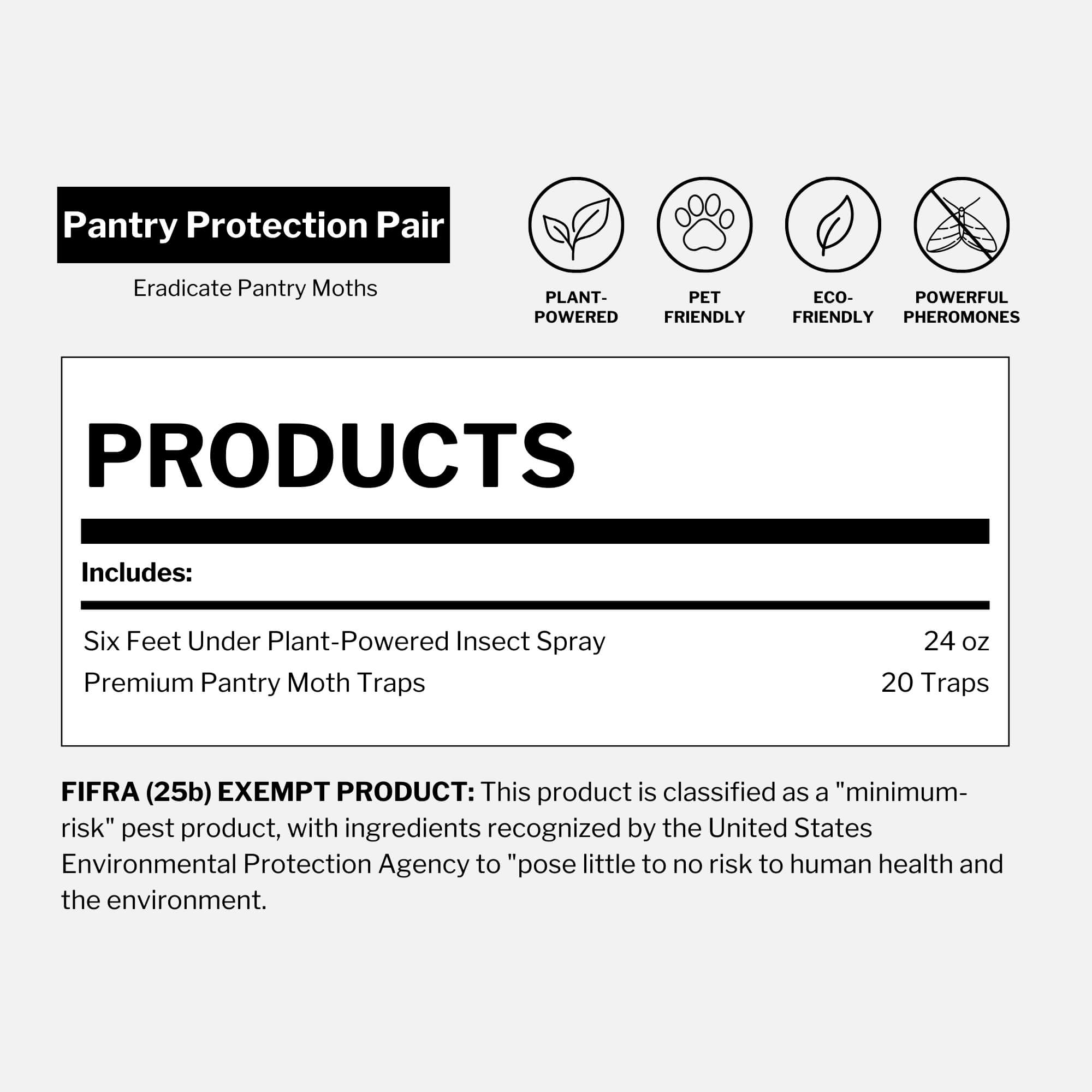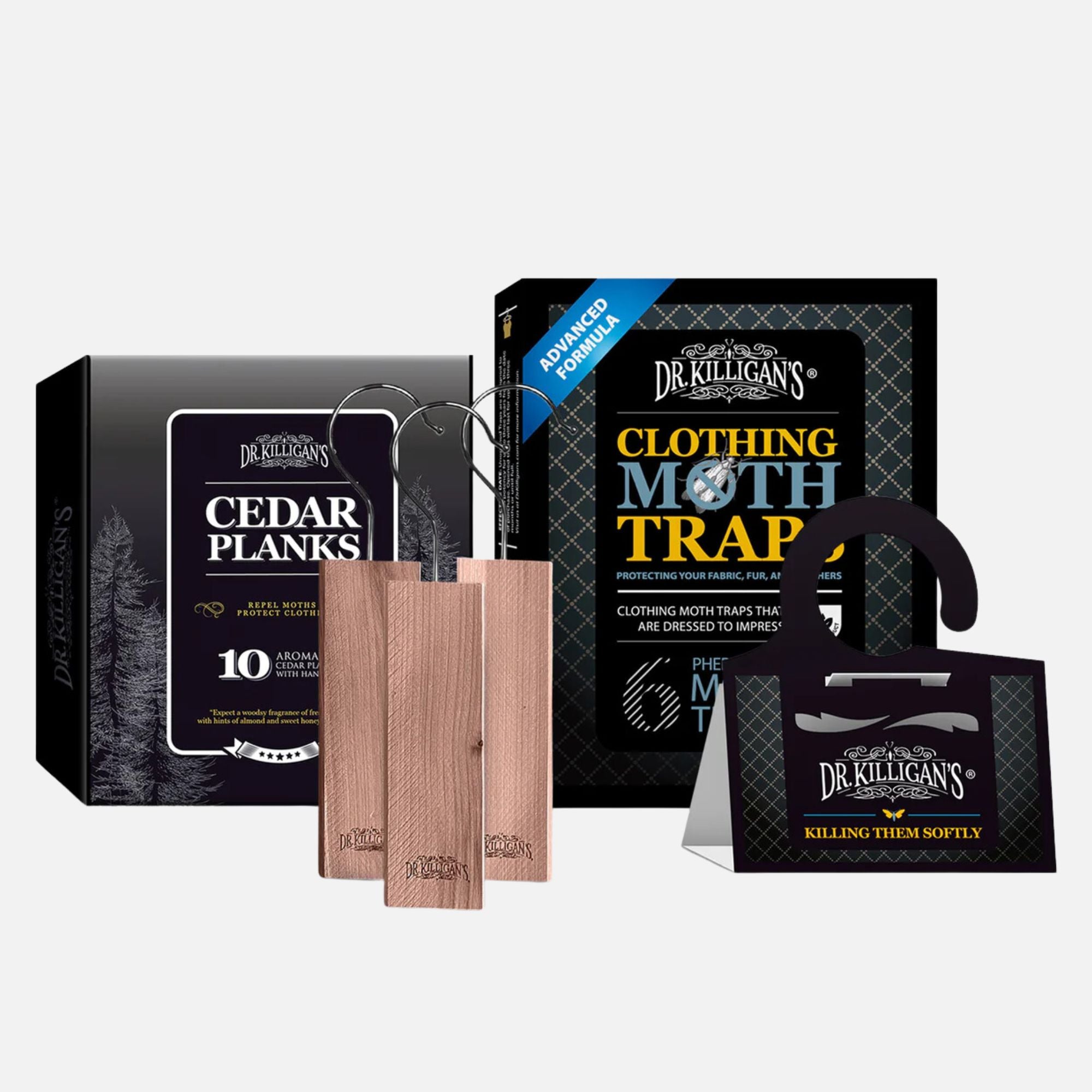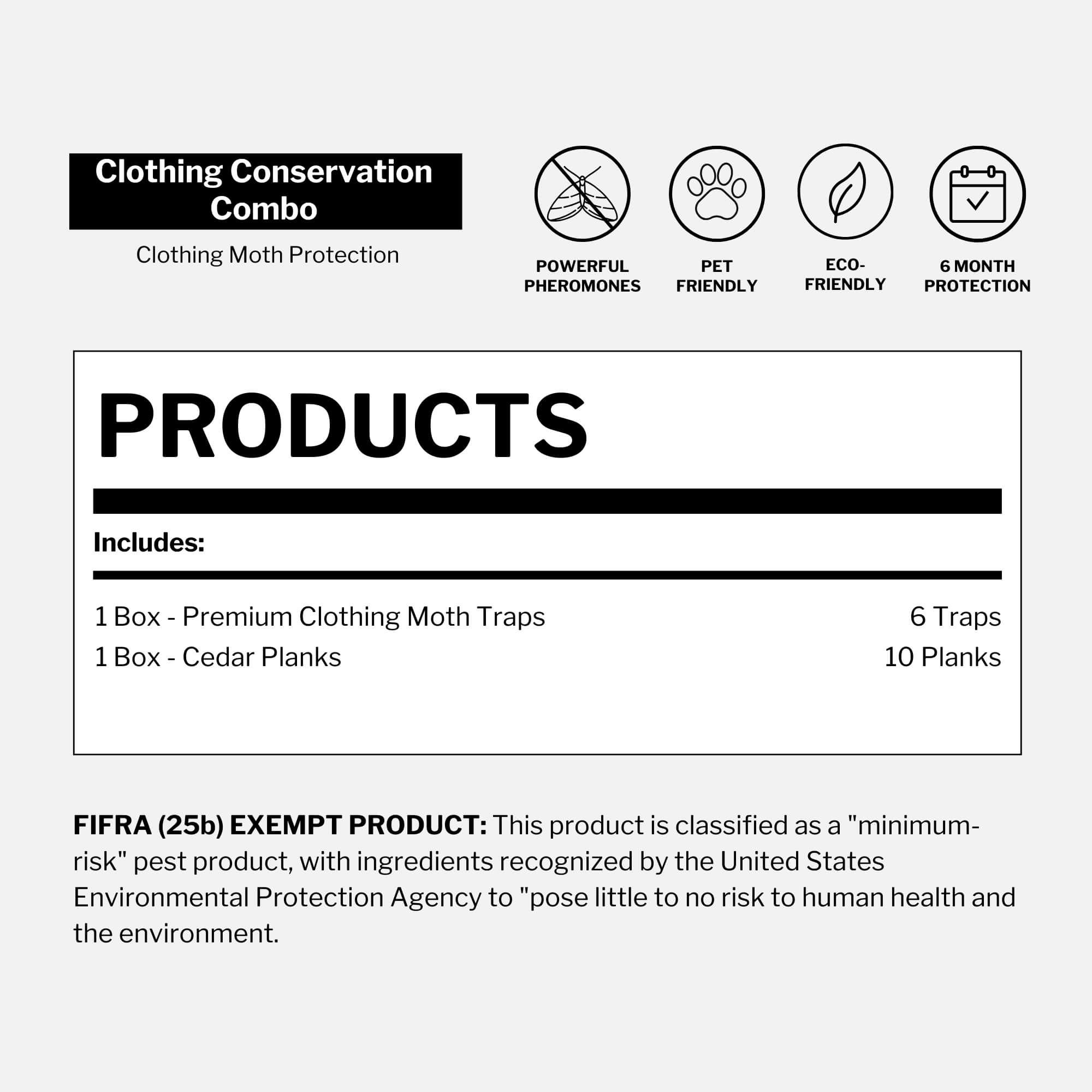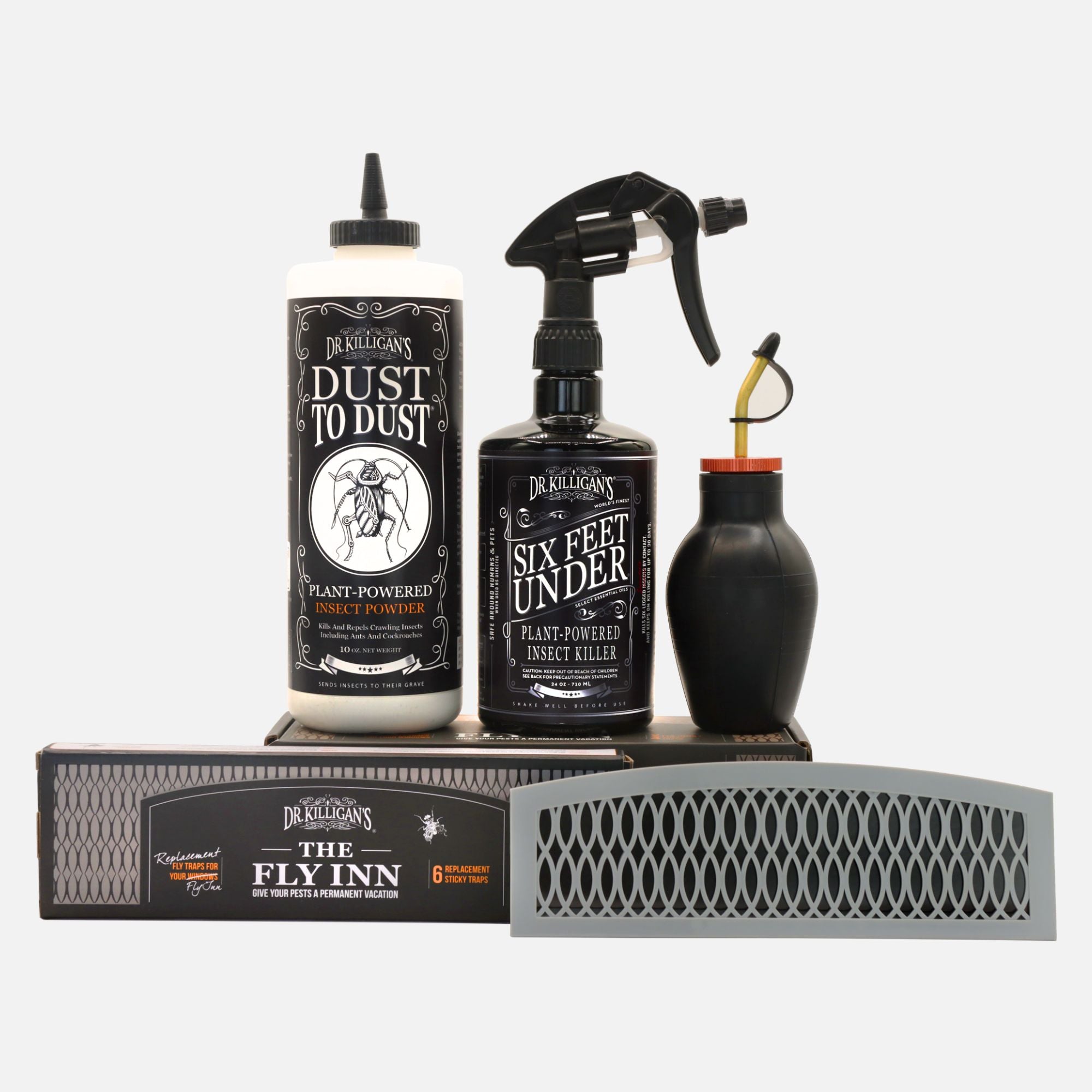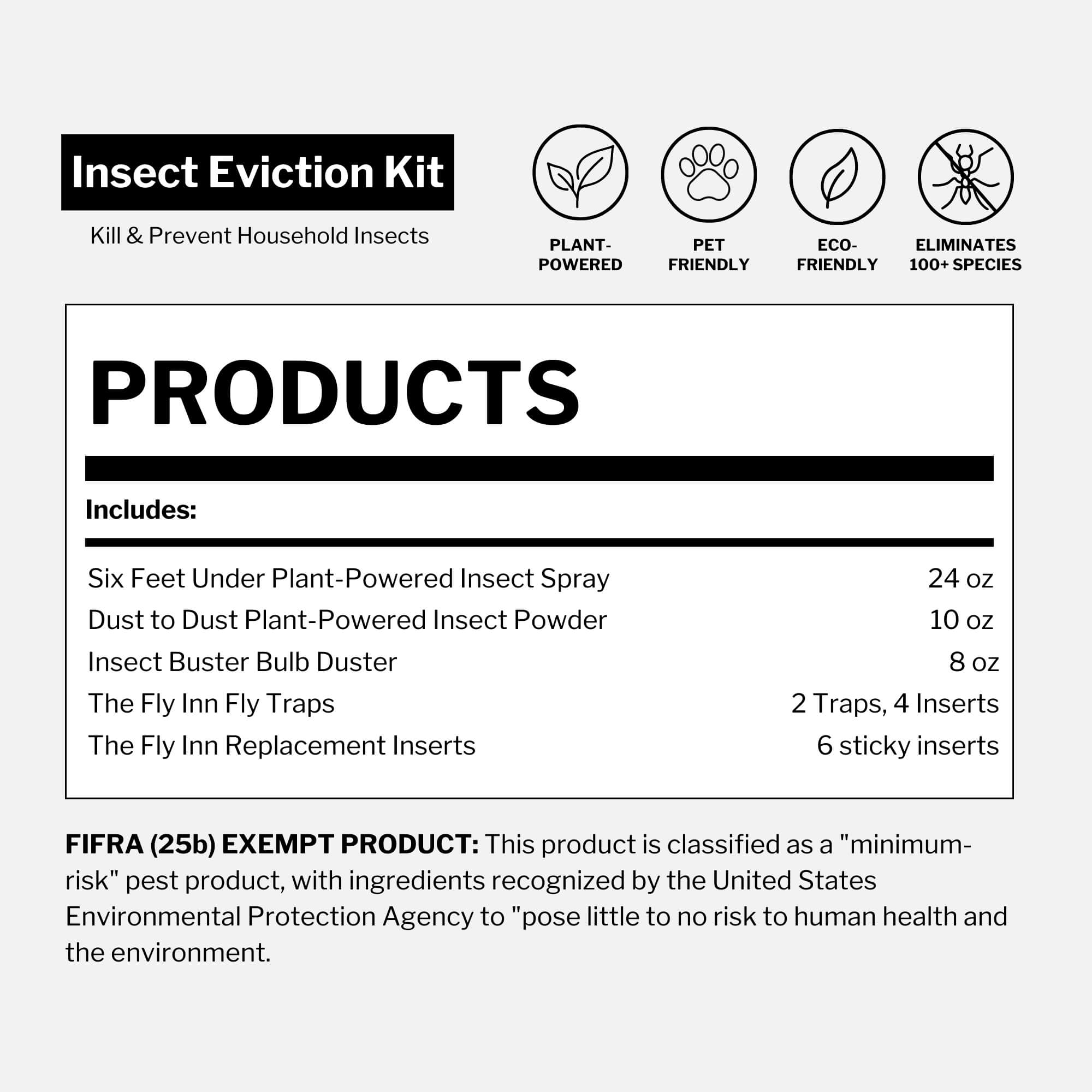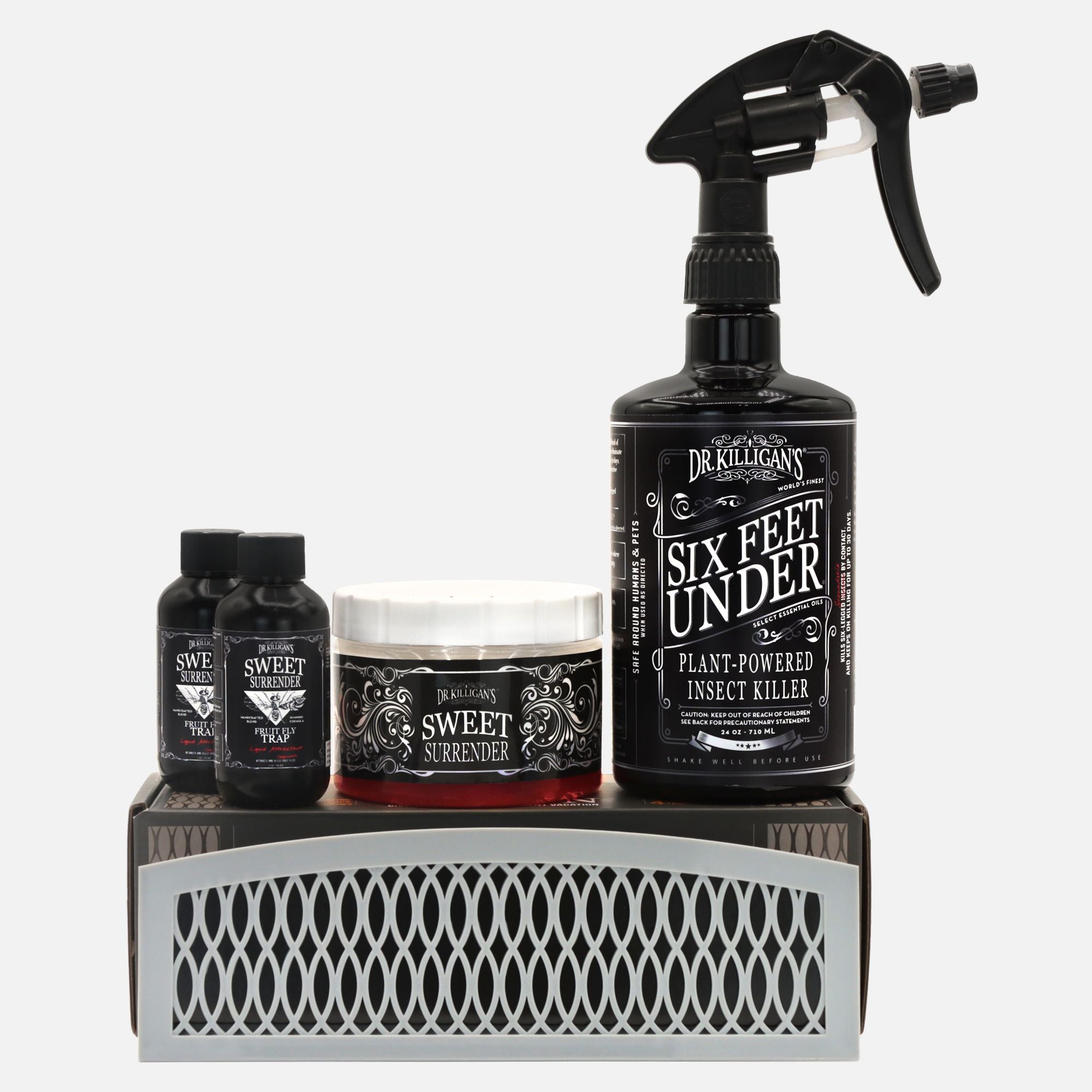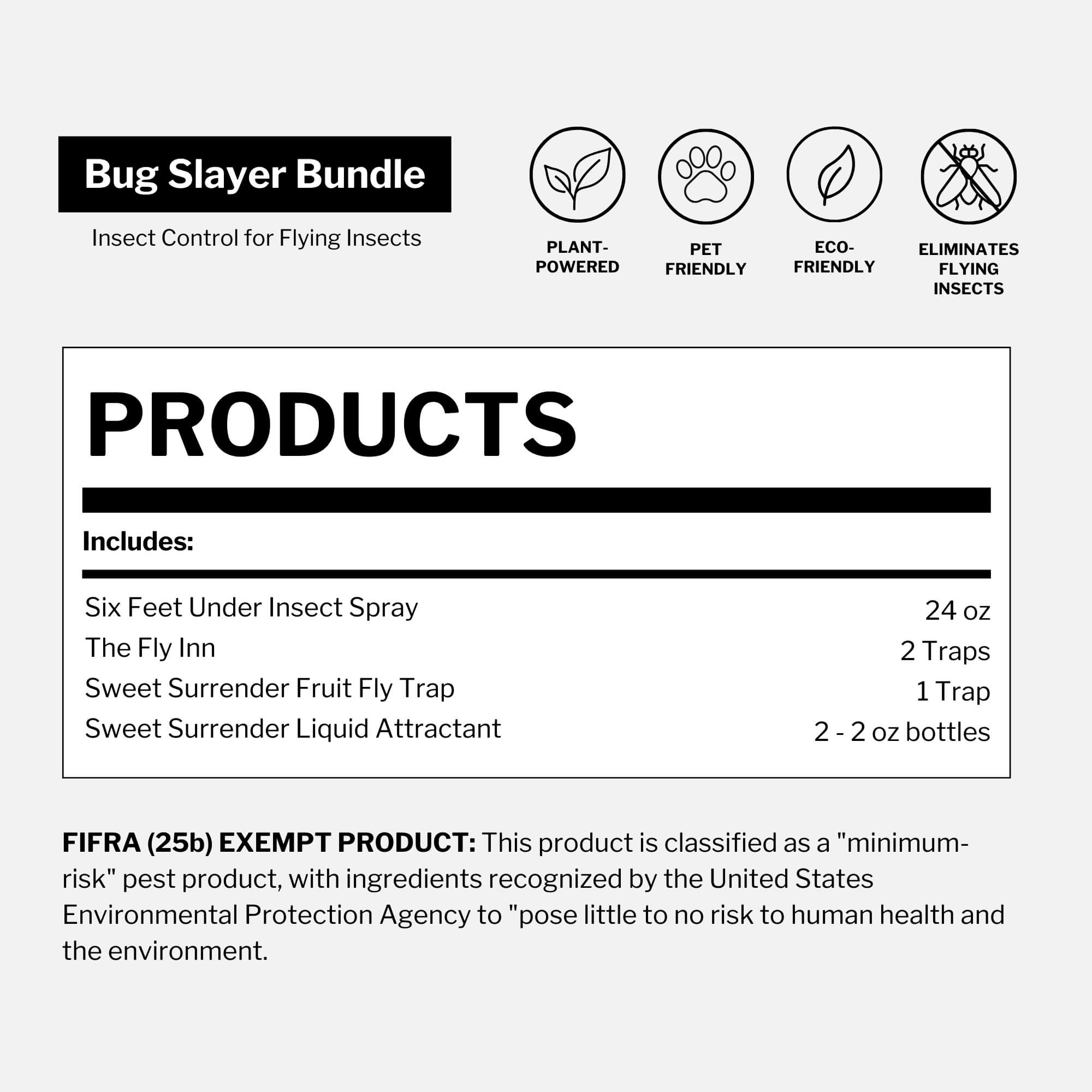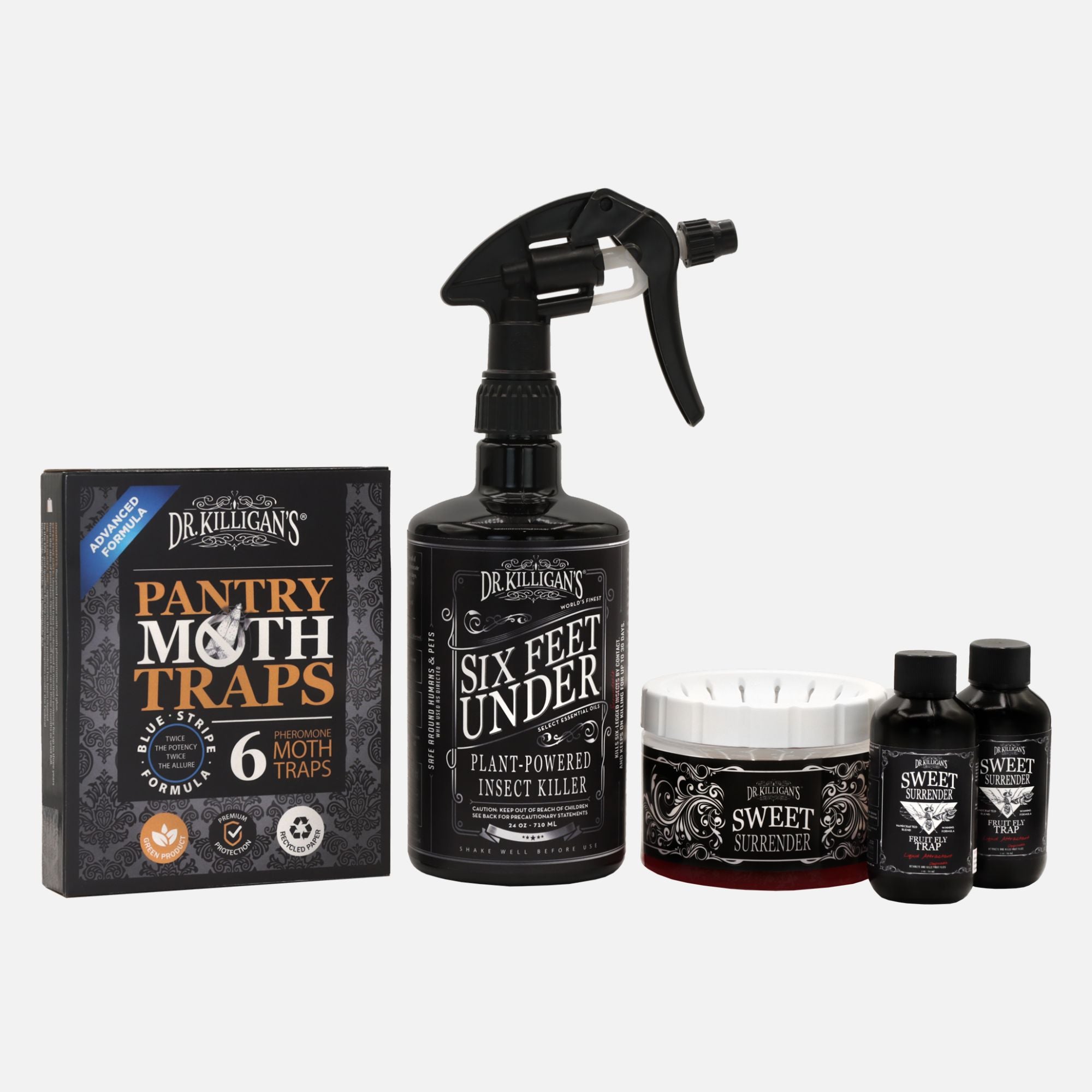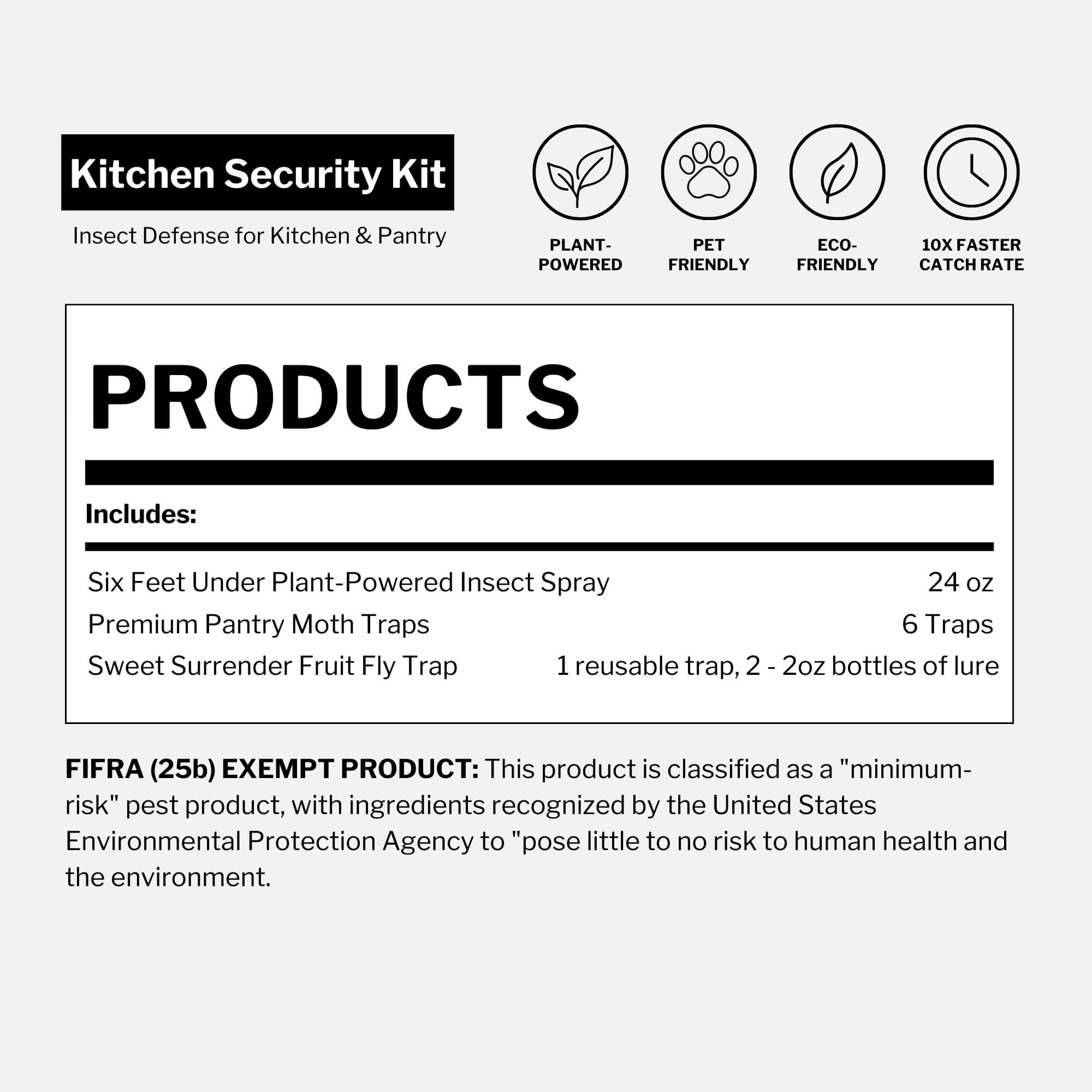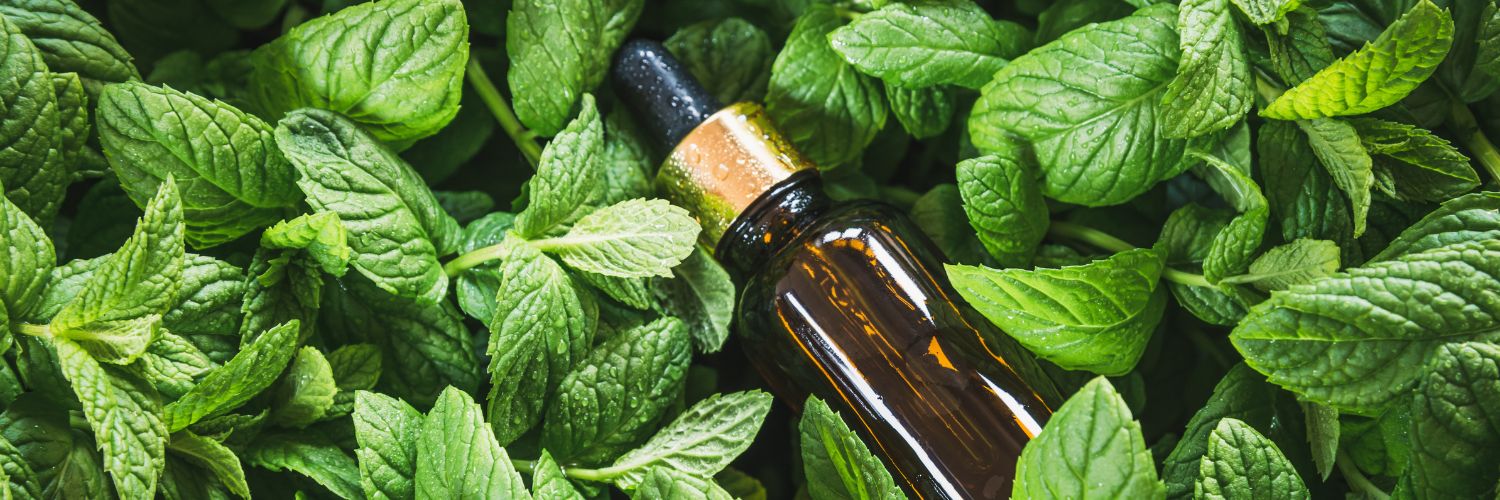Have you ever wondered what attracts scorpions to your home (or the home of someone you know)? It’s not just bad luck. Scorpions, much like other pests, seek specific conditions and food sources.
In this guide, I'll take you through the factors that attract scorpions and offer insights into their diet, including answers to questions like "What can scorpions eat?"
What are scorpions?
Ever stumbled upon a scorpion and paused to wonder about these enigmatic creatures? Beyond their fearsome pincers and venomous tails, scorpions are fascinating arachnids, related to spiders and ticks. These ancient beings have thrived on Earth for over 430 million years, boasting adaptations that allow them to conquer some of the most extreme environments. Depending on the environment, scorpions can live anywhere from two to twenty-five years, showcasing their incredible adaptability.

Appearance and habitat in the U.S.: In the United States, scorpions are primarily found in the Southwest. States like Arizona, New Mexico, and parts of California are well-known for their scorpion populations. The most common in these areas is the Arizona bark scorpion, which is particularly known for its venomous sting. Scorpions are easily recognized by their segmented bodies, which are divided into two parts: the cephalothorax (head) and the abdomen. The cephalothorax includes the pincers (pedipalps) and a pair of sensitive eyes on top, while the abdomen ends in a segmented tail that curves over the back, culminating in a venomous stinger. They range in size from just an inch to over seven inches in length, with colors that blend into their natural surroundings, typically sandy or earthy tones.
Interesting fact: Scorpions have 5–10 small eyes in addition to the obvious pair in the center. Although they don't have great vision, they are sensitive to moonlight, UV light, and starlight, allowing them to see at night. This exceptional night vision plays a crucial role in their nocturnal hunting activities.
Ideal conditions for scorpions
Scorpions are drawn to environments that provide them with basic necessities. Here are the key factors that can make your home an (unintentional) sanctuary for scorpions:

- Shelter: Scorpions seek out dark, quiet places where they can hide during the day. Common hiding spots might include cluttered basements, seldom-used closets, and shoes that aren't frequently worn.
- Moisture: Especially in arid climates, any source of moisture can attract scorpions. Places that might inadvertently provide this include leaky pipes, poorly ventilated bathrooms, and areas around houseplants.
- Outdoor conditions: Your yard can also create an inviting habitat for scorpions if it includes dense vegetation, woodpiles and general yard debris.
Interesting fact: Scorpions typically stay in the same territory throughout their lives. This trait makes it crucial to consistently manage and maintain areas around your home to prevent them from becoming established.
What do scorpions (primarily) eat?
Scorpions are opportunistic predators, primarily feeding on a variety of insects and even other scorpions. Common prey include crickets, spiders and cockroaches. If your property has a high activity of these insects, it can attract scorpions.
However, the presence of these other pests might indicate broader issues with pest management in your home. If you're encountering problems with what scorpions eat, you likely have conditions that support their food sources. Addressing these underlying issues will help with scorpions and improve your overall pest control efforts.
What (else) can scorpions eat?

You might be surprised to learn that scorpions can eat much more than just insects. Their diet can extend to small lizards, snakes and even mice, depending on their size.
They can survive on minimal food for months, which makes them resilient intruders in adverse conditions.
Interesting fact: Scorpions can go an entire year without food because they have fat layers on their exoskeleton that prevent water loss. They can also slow down their metabolism when food is scarce.
Preventive measures against scorpions
To ensure scorpions don’t become permanent guests in your home, consider implementing these targeted strategies:
- Seal entry points: Inspect and seal any cracks and crevices in your home's foundation, walls, windows and doors.
- Implement regular pest control: Maintain a regular pest control schedule to manage the insect populations that scorpions prey on. Less food means less attraction for scorpions.
- Reduce indoor humidity: Use dehumidifiers and ensure your home is well-ventilated to minimize damp conditions that attract scorpions.
- Clean up the yard: Remove debris, leaf piles and excess vegetation to eliminate potential scorpion shelters.
- Use Dust to Dust Plant-Powered Insect Powder: This non-toxic, environmentally friendly powder is designed to deter and eliminate scorpions. Utilizing essential oil nanotechnology and silica with sharp edges, it dehydrates and kills insects. Safe for use around people and pets when used as directed, it creates a protective barrier both indoors and outdoors. Apply around potential entry points and common scorpion hideouts in your home. Use the Insect Buster Bulb Duster for effective, no mess application.

Take control: Secure your home against scorpions
Scorpions don’t need to be a regular part of your household. By grasping what attracts scorpions and proactively addressing these elements, you can maintain a more comfortable, scorpion-free environment. Whether it involves modifying the habitat around your residence or managing the insect populations they feed on, every measure you implement moves you closer to a scorpion-free home. It's about crafting an environment that's unappealing to scorpions while ensuring your home remains clean and secure. Ready to protect your space? Explore our range of effective scorpion deterrents and start securing your home today. Together, we can create safer, scorpion-free living spaces.




